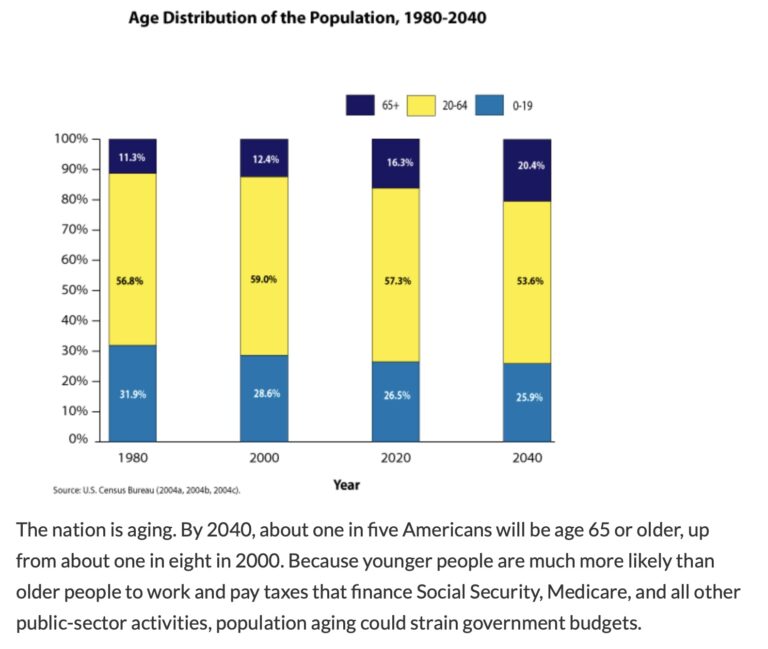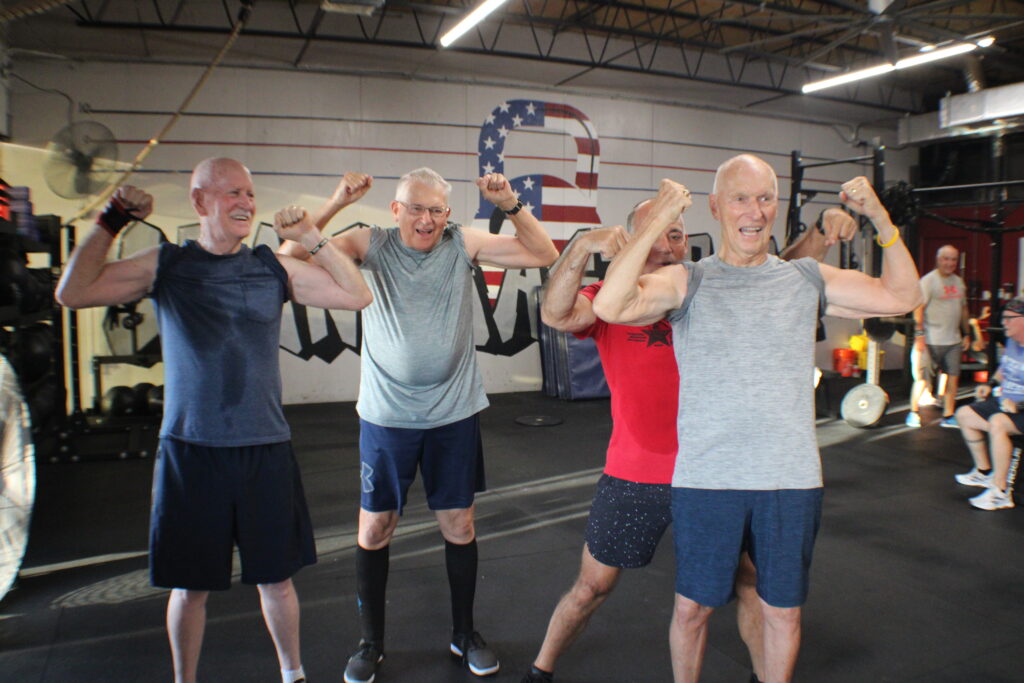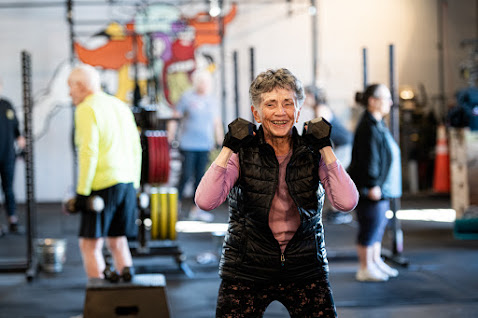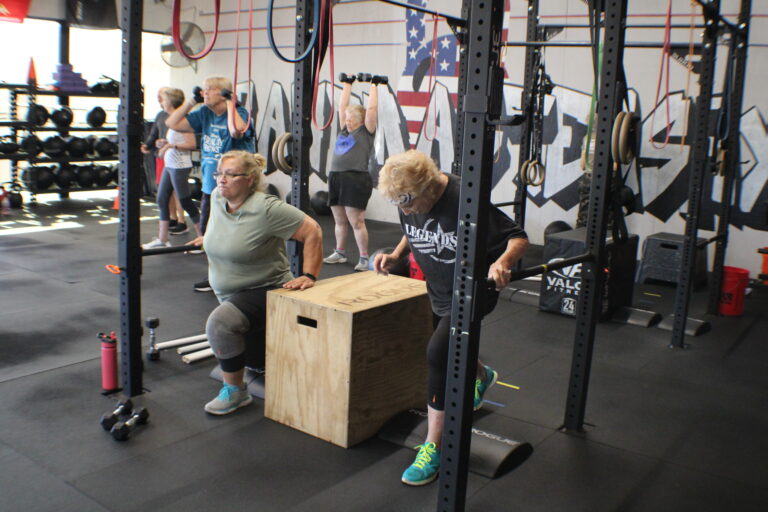
19 Aug Taking Care of Seniors in the Medical and Fitness Industries
Don't treat Seniors Like "Old People"
If you are in the medical or health and fitness industries, then you are probably dealing with patients and clients over the age of 65. And if not, you will be soon! America is aging. And it’s not aging well.
Both industries need to elevate their expectations of seniors in order to both improve THEIR quality of life and preserve the country’s infrastructure as seniors dominate governmental service needs like Medicare and Social Security.

In medicine, senior health becomes less reliant on lifestyle and more reliant on pharmaceuticals. If you are in rehabilitation specifically, the expectations for maximal medical improvement MAY be enough to discharge your senior patient…. but likely, it will not enough to help them live independently and thrive between 60 and 80 years of age.
We see seniors differently.
We see potential versus limitations.
Every limitation has an associated corrective action – whether in medicine or fitness.
Obesity, for example, can make both medical treatment and fitness programming more difficult. Often, excess body fat mass in healthcare is the culprit in diseases that seniors often deal with – it causes Type 2 Diabetes and inflammation which can aggravate arthritis and other conditions. Conversations, resources, and action plans to lose weight, increase physical activity, and generally change the lifestyle that caused the weight gain are not commonplace.
In fitness, obesity can limit progress in basic foundational strengths such as pushing and pulling, which can be lifesaving if a senior lives alone. It can affect general activity levels and limit mobility which lessens the “joy” of the Golden Years. And, unfortunately, general fitness for “seniors” employs “easy” activities, pink 2# dumbbells, and light resistance bands. This is not what seniors are met with after a hurricane when tending to their hard, carrying in groceries, or wrangling their 50-pound Golden Doodle!
And that’s just one example (obesity) of how the challenges we face with seniors in medicine and fitness are not met with the appropriate “dose” to achieve the appropriate “response”.


We believe the concern over addressing lifestyle issues with seniors is two-fold:
- Professionals don’t want to “hurt their feelings” by addressing sensitive subjects like weight loss, and
- Professionals often don’t know what to advise as it relates to how to eat better, how to motivate seniors to move more and do more.
Both professions are hurting their senior patients/clients as well as devaluing their practice by not addressing the root cause of the problems they’re presented with. If no one is talking to these seniors about the “problem” (as opposed to the symptoms resulting from the “problem”), then no one is solving the problem.
Both professions are underdosing activity levels which breeds low-level, ineffective protocols. The word(s) “rest” or “rest more” show up all too often with seniors who may complain of pain or fatigue. More rest often begets more fatigue and more pain simply due to lack of use, atrophy and waning aerobic capacity.

It’s not that professionals can’t address the basics. Time commitments, coding, and “quick fix” expectations from the patients/clients….we’re here to lift up the priority of long-term solutions. No, it’s not quick. No, it’s not easy. But it sure is a heckuva lotta more fun and engaging to try to solve a problem by fixing the cause, than band-aiding it, masking it, or ignoring it.
Regardless of the profession, you’ll always have more credibility if you attack the problem. Fix the variables that are foundational like lifestyle first. The outcome will always be better.

